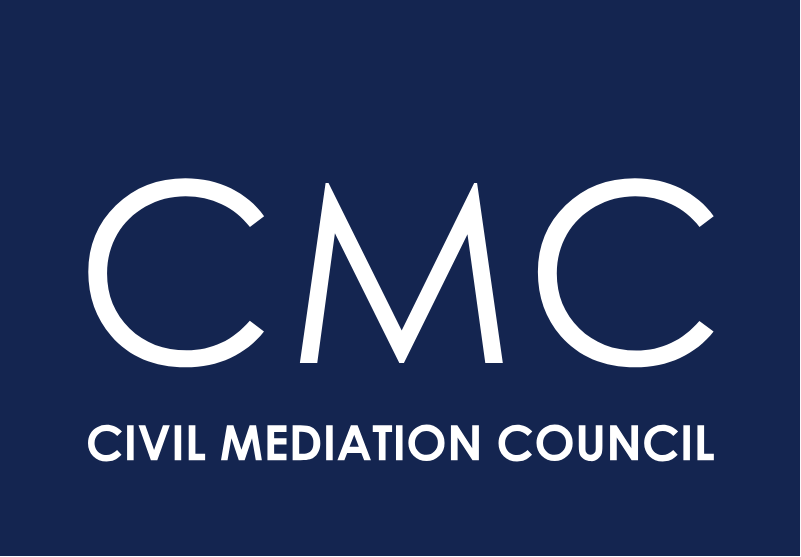Family

What is family mediation?
What is a Mediation Information and Assessment Meeting (MIAM)?
Understanding family mediation
What if the other party does not attend a MIAM?
On completion of your MIAM, on your behalf, Latitude Mediation will invite the other party to the dispute to attend a MIAM. If they do not engage with the process and attend a MIAM, Latitude Mediation will issue a certificate to confirm that a MIAM has been attended or that certain exemptions apply (either a C100 or FM1).
What is a C100 or FM1 Mediation Certificate?
If mediation is not to proceed, parties will be issued with either a C100 of FM1 ‘certificate’ confirming their attendance. This then allows the individual to proceed to court to commence formal proceedings.
How long will my C100 or FM1 family mediation certificate last?
Your mediator will issue a certificate that lasts for four months, meaning that you have that period of time in which to commence any formal proceedings (if necessary). After this time you will simply need to attend a further MIAM in order that we can assess whether mediation remains suitable or if there have been any significant changes during that period.
If I start formal divorce proceedings, can I still use mediation?
Yes, and any lawyer involved will encourage you to do so in many instances. You are able to mediate at any time prior to the final order being made.

How family mediation works
What does family mediation involve?
Can I refuse family mediation?
Do I have to be in the same room as the person I am in mediation with?

The mediation agreement
What happens if parties do not reach agreement?
Can I stop the mediation if I need a break?
What happens if things change?
It is important to remember that life events may mean that your agreements have to be reviewed at times. You are very welcome to return to mediation again in the future in order to renegotiate your arrangements, and many parties find this reassuring.

Consent orders

Child Inclusive Mediation (CIM)
Family mediation costs














